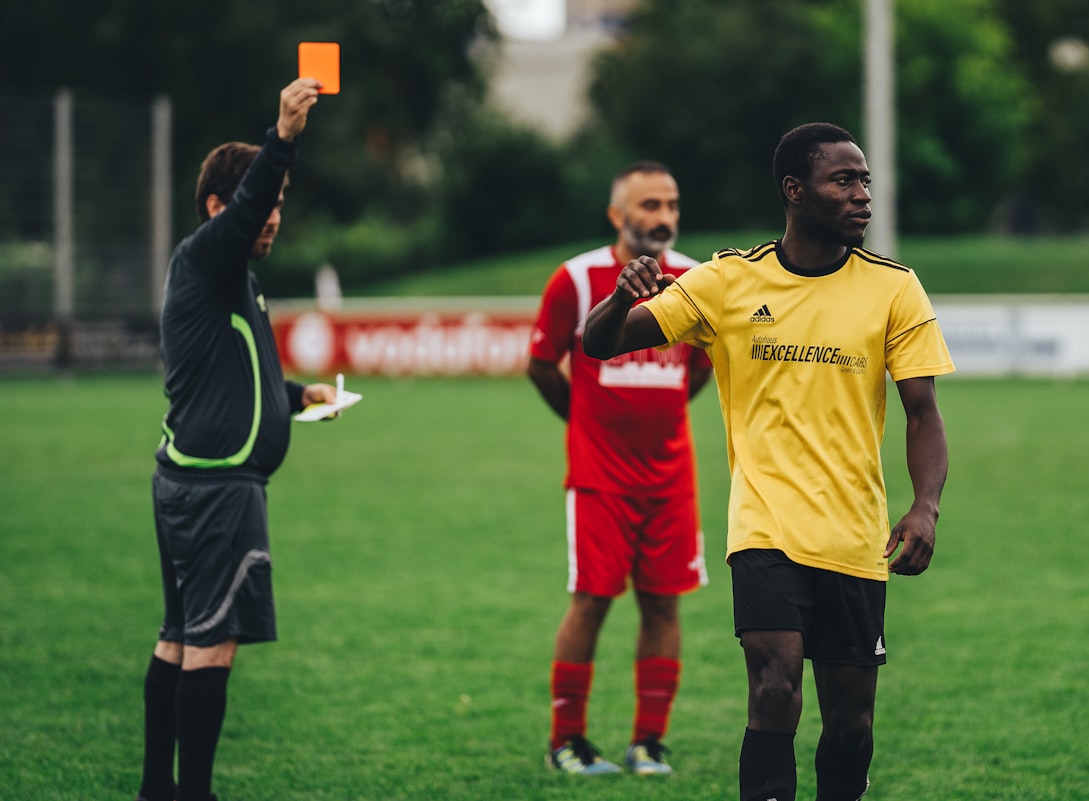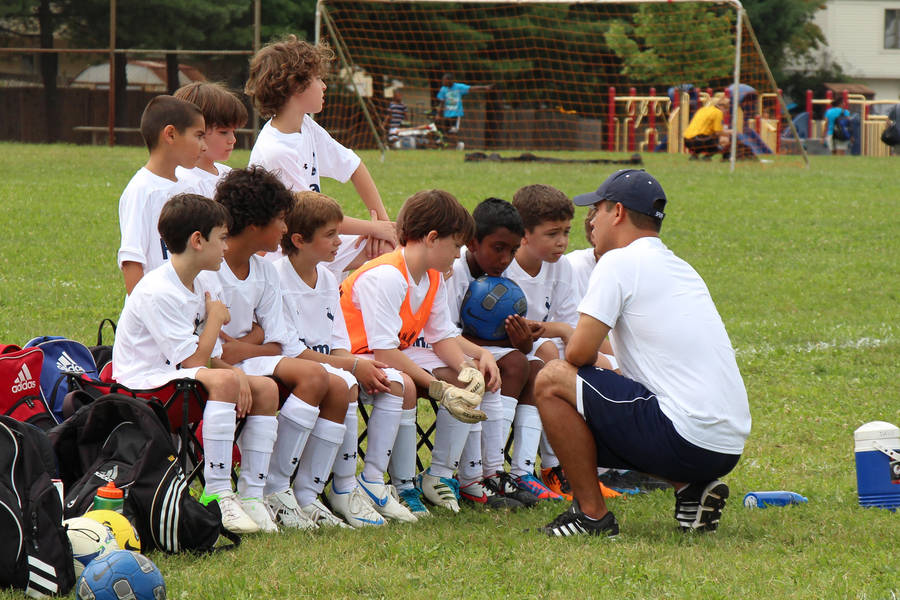
In the aftermath of the behaviour of Erling Haaland at the final whistle in the game between Manchester City and Tottenham Hotspur, the issue of abusive behaviour towards referees once again came to the fore and continues to rumble on.
This incident shed light on a problem faced by both professional referees at the top level and grassroots referees on local pitches throughout the UK, where they endure abuse every weekend.
The Football Association, in response to long standing calls for action, has introduced a ground breaking initiative, allowing grassroots referees to wear body cameras during matches in a bid to curb this escalating issue.
The abuse of referees is not a new problem, nor is limited to a few off hand remarks but incidents of severe verbal abuse and physical aggression are on the rise.
The FA's historic inability or reluctance to address this problem has contributed to a hostile and intimidating environment, hindering participation at all levels of the sport.
The announcement of the body camera trial has been met with anticipation among grassroots match officials.
The initiative, the first of its kind in the world, will initially is involving around 100 referees in four regional leagues, exclusively in adult games.
The hope is that, following a successful trial, the technology can be implemented across the entire grassroots game in the near future.
Essex, Worcester, and Liverpool leagues are actively participating in the trial, with Middlesbrough already incorporating the technology into their games.
The footage captured by these body cameras will serve as evidence in disciplinary proceedings against those responsible for abuse or assault.
However, for this initiative to make a real impact, a robust and effective disciplinary process is essential, ensuring that perpetrators face significant suspensions and repeat offenders are dealt with accordingly—a task requiring increased cooperation among regional FAs.
One aspect that many think needs attention is the need for harsher penalties for professional footballers engaging in verbal or physical abuse towards match officials.
Until this is addressed, they will continue to negatively influence young players, hindering efforts to instil positive values within the grassroots level of the sport.
There was a very high profile incident in last season’s FA Cup quarter final between Fulham and Manchester United where Aleksandar Mitrovic was seen to manhandle the referee, Chris Kavanagh, following a handball decision that saw teammate Willian and manager Marco Silva both sent off.
He was charged with violent and improper conduct by the Football Association and received an eight-game ban.
The Football Association appealed the decision on the grounds that the punishment was not harsh enough given Mitrovic's extreme conduct, but the FA's appeal was rejected leading to calls from some that the problem of abuse towards referees is not being taken seriously enough at the top levels of the game and that this is leading to poor behaviour at all levels.
Refereeing at grassroots level can be a challenging task.
Referees often find themselves in the line of fire, subjected to verbal abuse from players, coaches, and spectators.
In some unfortunate cases, this abuse escalates to physical altercations, further tarnishing the spirit of the game.
This toxic environment has led to a decline in referee participation, with many officials hanging up their whistles due to the persistent threat of abuse.
To counteract this alarming trend, it is hoped that equipping referees with body-worn cameras to document match proceedings will provide both a factual account of events but also act as a deterrent against abusive behaviour.
This deterrent will actively discourage players, coaches, and spectators from engaging in abusive behaviour.
Knowing that their actions are being recorded creates a sense of accountability, promoting better conduct on and off the pitch.
Bodycams can provide an unbiased and objective account of match events.
This can be crucial in resolving disputes, investigating incidents, and taking appropriate disciplinary actions.
Bodycams can empower referees by offering a layer of protection.
The footage can be reviewed in case of incidents, ensuring that the truth prevails and referees are supported by disciplinary action against those engaging in abusive behaviour.
Despite past campaigns and initiatives like Respect, grassroots football referees in England still feel exposed and vulnerable.
A recent BBC survey revealed that approximately a third of these officials have experienced physical abuse, while verbal abuse remains unquantified but prevalent.
The body camera trial aims to evaluate the effectiveness of this technology in reducing on-field abuse and improving the overall behaviour of players, coaches, and spectators.
Referees participating in the trial must undergo training on the use of the equipment, and the bodycams can only be used in pre-approved fixtures.
Feedback from officials and a careful review of footage will help identify successes and challenges in the implementation of this initiative.
The ultimate goal is to determine whether bodycams can indeed change behaviours and provide the necessary evidence to exclude the most serious offenders from the game.
If successful, the bodycams could become a fixture across the country during the next year.
However, for this initiative to deliver the desired cultural change, a coordinated effort on suspensions and banning orders among various regional Football Associations and organisations involved is imperative.
Many within the football community are eagerly awaiting the outcome of this trial, hoping it marks a positive turning point in the treatment of referees at grassroots level.
By discouraging these intolerable levels of abuse, it is hoped that bodycams will contribute to supporting a culture of respect within the grassroots football community.
Players, coaches, and spectators alike are always encouraged to appreciate the efforts of referees and treat them with the dignity they deserve but we know this often slips.
The proposed pilot scheme to allow grassroots referees to wear bodycams is a promising step towards creating a safer and more respectful footballing experience at all levels.
By addressing the issue of abuse head on, this initiative not only safeguards the wellbeing of referees but also contributes to the overall enhancement of grassroots football.
As the game embraces this technological solution, let’s hope for a future where the love for football can be celebrated, and everyone involved, including referees, can enjoy the beautiful game without fear of harassment or abuse.


















